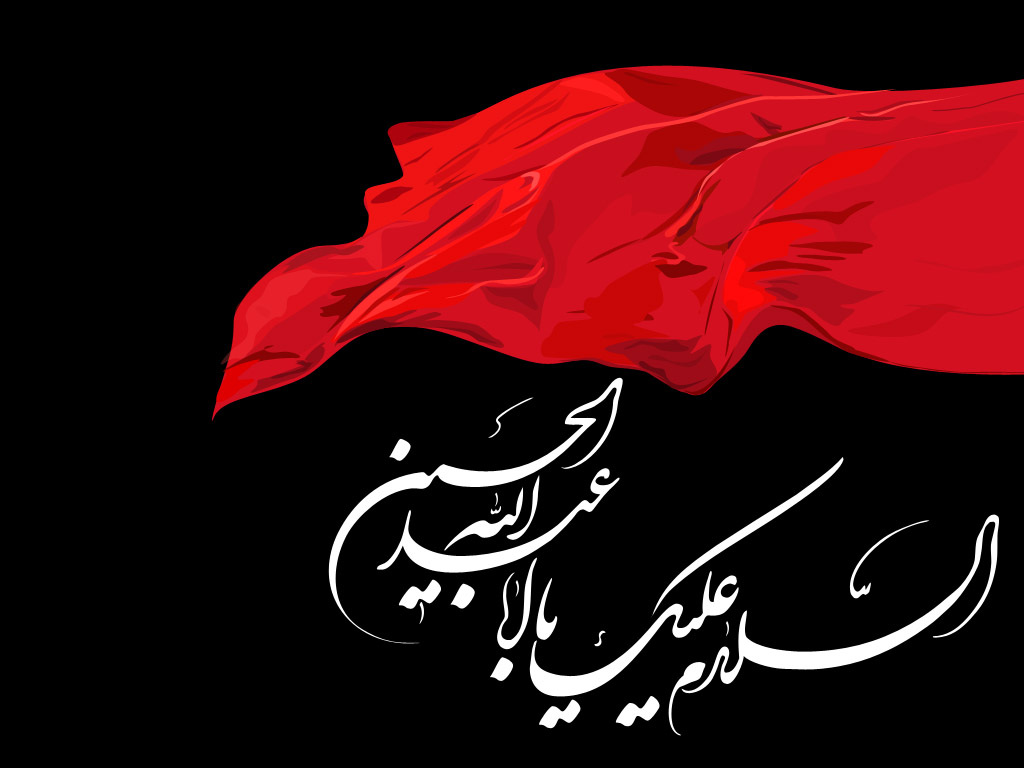Source(Google.com.pk)
Feer Islamic Wallpapers Biogarphy
Muhammad's life as a preacher and leader of a community of believers has two major phases. He proclaimed his message in a city in which the majority did not accept his teachings. Mecca was a major pilgrimage center and sanctuary in the existing polytheism of Arabia, and the proclamation of monotheism threatened this whole system. The message presented in the Meccan period emphasizes the general themes of affirmation of monotheism and warnings of the Day of Judgment. Muhammad did not set out to establish a separate political organization, but the nature of the message represented a major challenge to the basic power structures of Mecca.
The second phase of Muhammad's career and the early life of the Muslim community began when Muhammad accepted an invitation from the people in Yathrib, an oasis north of Mecca, to serve as their arbiter and judge. In 622 Muhammad and his followers moved to Yathrib, and this emigration, or hijrah, is of such significance that Muslims use this date as the beginning of the Islamic calendar. The oasis became known as the City of the Prophet, or simply al-Medina (the city).
In Muslim tradition the sociopolitical community that was created in Medina provides the model for what a truly Islamic state and society should be. In contrast to tribal groups, the new community, or ummah, was open to anyone who made the basic affirmation of faith, and loyalty to the ummah was to supersede any other loyalty, whether to clan, family, or commercial partnership. The political structure of the new community was informal. Although Muhammad had great authority as the messenger of God, he could not assume a position as a sovereign monarch because he was only human and only a messenger. The emphasis on the sole sovereignty of God provides an important foundation for Islamic political thinking throughout the centuries, challenging both theories of monarchy and absolutism, as well as later theories of popular sovereignty.
In this early era the characteristically Islamic sense of the ummah or the community of believers, rather than a concept of church or state, was firmly established as the central institutional identification for Muslims. In this way Islam is frequently described as a way of life rather than as a religion separate from politics or other dimensions of society. In Medina Muhammad provided leadership in all matters of life, but Muslims carefully distinguish the teachings that are the record of revelation and recorded in the Qur'an from the guidance Muhammad provided as a person. Because of his role as the messenger of God, Muhammad's own personal actions and words have special prestige. In addition to the Qur'an, the accounts of these, called hadith, provide the basis for a second source of guidance for believers, the Sunnah (customary practice) of the Prophet.






 Feer Islamic Wallpapers
Feer Islamic Wallpapers
 Feer Islamic Wallpapers
Feer Islamic Wallpapers
 Feer Islamic Wallpapers
Feer Islamic Wallpapers

when they performed their prayers.
Feer Islamic Wallpapers Biogarphy
Muhammad's life as a preacher and leader of a community of believers has two major phases. He proclaimed his message in a city in which the majority did not accept his teachings. Mecca was a major pilgrimage center and sanctuary in the existing polytheism of Arabia, and the proclamation of monotheism threatened this whole system. The message presented in the Meccan period emphasizes the general themes of affirmation of monotheism and warnings of the Day of Judgment. Muhammad did not set out to establish a separate political organization, but the nature of the message represented a major challenge to the basic power structures of Mecca.
The second phase of Muhammad's career and the early life of the Muslim community began when Muhammad accepted an invitation from the people in Yathrib, an oasis north of Mecca, to serve as their arbiter and judge. In 622 Muhammad and his followers moved to Yathrib, and this emigration, or hijrah, is of such significance that Muslims use this date as the beginning of the Islamic calendar. The oasis became known as the City of the Prophet, or simply al-Medina (the city).
In Muslim tradition the sociopolitical community that was created in Medina provides the model for what a truly Islamic state and society should be. In contrast to tribal groups, the new community, or ummah, was open to anyone who made the basic affirmation of faith, and loyalty to the ummah was to supersede any other loyalty, whether to clan, family, or commercial partnership. The political structure of the new community was informal. Although Muhammad had great authority as the messenger of God, he could not assume a position as a sovereign monarch because he was only human and only a messenger. The emphasis on the sole sovereignty of God provides an important foundation for Islamic political thinking throughout the centuries, challenging both theories of monarchy and absolutism, as well as later theories of popular sovereignty.
In this early era the characteristically Islamic sense of the ummah or the community of believers, rather than a concept of church or state, was firmly established as the central institutional identification for Muslims. In this way Islam is frequently described as a way of life rather than as a religion separate from politics or other dimensions of society. In Medina Muhammad provided leadership in all matters of life, but Muslims carefully distinguish the teachings that are the record of revelation and recorded in the Qur'an from the guidance Muhammad provided as a person. Because of his role as the messenger of God, Muhammad's own personal actions and words have special prestige. In addition to the Qur'an, the accounts of these, called hadith, provide the basis for a second source of guidance for believers, the Sunnah (customary practice) of the Prophet.
Feer Islamic Wallpapers

Feer Islamic Wallpapers

Feer Islamic Wallpapers

Fee Islamic Wallpapers

Feer Islamic Wallpapers

Feer Islamic Wallpapers

Feer Islamic Wallpapers




No comments:
Post a Comment